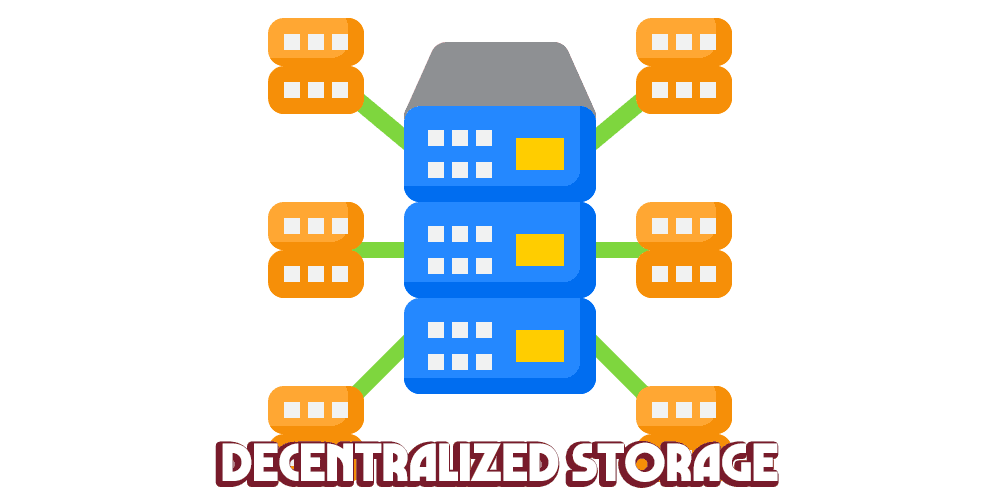Decentralized storage systems store data files across different nodes connected through peer-to-peer networking, unlike centralized servers run by one entity.
Utilizing blockchain for decentralized storage networks can enhance security by protecting data files from errors, counterparty risks, and single-point failures.
Learn more about Decentralized Storage
Centralized data storage has certain drawbacks. Despite having strict security measures, the storage platform controls the encryption keys. This can lead to concerns regarding accessibility, transparency, and control. Moreover, hackers find it easier to target a single point of failure in order to gain access to a significant amount of data since everything is stored in one location.
Decentralized systems, however, store data across a network of computers spread out geographically instead of in one place. This allows for the storage of large amounts of data without depending on a central server or provider, which helps to prevent censorship and privacy concerns.
Pros
Decentralized data storage can help solve some of the problems encountered by traditional centralized storage servers. Here are a couple of advantages that networks offer compared to centralized ones.
- Improved security and privacy
- No single point of failure
- Faster download speeds
- Lower cost
- Enhanced data integrity
Cons
Decentralized data storage has advantages compared to centralized systems, but it also has limitations. One drawback is that access times can be slower due to the reliance on a network of nodes for storing and retrieving data.
It offers enhanced security in terms of data ownership compared to centralized systems. However, it is not completely immune to security risks. Malicious nodes have the potential to compromise the security of data stored on the network. Additionally, that systems rely on the network infrastructure for proper functioning. Consequently, network outages can affect the availability of the stored data.
It also suffers from a lack of standardization. Various protocols employ different encryption methods and authentication mechanisms, which creates challenges in achieving interoperability. Moreover, the issues related to encryption and key management in the systems remain unresolved.
Conclusion
It’s a new technology that is not widely used yet, but it could speed up the Web3 revolution. Users are looking for cheaper, faster, and safer ways to store data, so platforms like BitTorrent might become more popular sooner than we think.
Moreover, the increasing occurrence of data breaches, escalating expenses for storage, and censorship in conventional data storage may lead to a higher adoption of decentralized products. However, despite its ability to address certain problems of centralized storage, it still has its own limitations. Currently, centralized storage continues to be a preferred choice for numerous individuals and will maintain a substantial market share even as decentralized storage gains more popularity.
